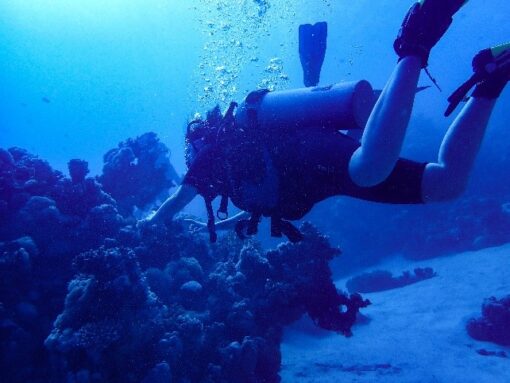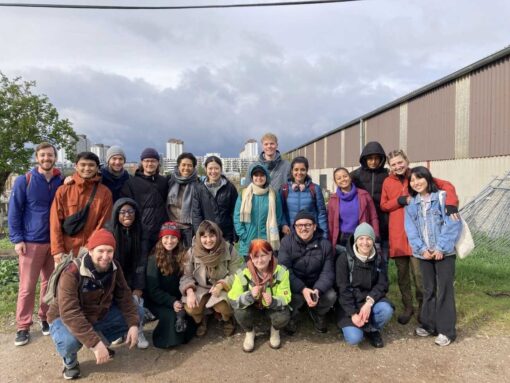Imagine being a writer and nobody knowing your works. Or being a singer-songwriter and nobody listening to your songs. Or being an academic and your publications being hard to find and, therefore, hardly noticed. The updated recommendations from the University of Vienna are aimed at increasing the visibility of academic publications.
The brand matters
This piece of wisdom can be applied to the process of choosing journals or book publishers for your academic publication. In this case, all that glitters is not gold. Have a critical mindset and allow for enough time when making this choice. Ask yourself beforehand:
- Can I reach my desired target audience?
- Is the publication listed in international databases?
- Are rigorous peer review standards met?
- Does the “brand” stand for quality?
The most robust plant dies if grown in the wrong soil.

I only master the language of others, my own does with me as it pleases.
Karl Kraus, Austrian writer and journalist (1874-1936)
The most interesting academic findings are of no use if they cannot be found and read because of a language barrier. Different academic disciplines write and publish in different languages. This linguistic diversity is valuable. In order to be able to stumble upon research results that are not published in English, at least some of the information about the publication on the world wide web must be available in English.
You should choose means of publication that include title, abstract and key words also in English, so that they can be displayed on international databases.
Open inquiry is at the heart of the scientific enterprise.
Royal Society
To tell the truth, by now everybody has heard of the goal of making academic publications freely accessible. The University’s Open Access Office can give you all the information you require about open access publishing agreements, the open access publication fund, the Directory of Open Access Journals (DOAJ) and issuing open access journals.
For CRIS’ sake

A research information system (also called Current Research Information System, abbreviated as CRIS) can help you document your own research results in the best possible way and increase their visibility outside of your organisation. Unlike international databases, the u:cris of the University of Vienna can display your entire research output without restrictions of any kind and independently of its academic discipline, format or language.
For me the greatest beauty always lies in the greatest clarity.
Gotthold Ephraim Lessing
In our everyday lives standardised numbers are commonplace, ranging from postal codes and social security numbers to the IBAN. Usually, numbers are introduced if it is no longer possible to unambiguously assign persons or objects without them. ISBN and ISSN (International Standard Serial Number) have been clearly identifying books and journals for decades. A relatively new phenomenon is the DOI (Digital Object Identifier) for all digitally published contributions.
Numbers also help to distinguish one person from another if they have the same name. An ORCID iD (Open Researcher and Contributor iD) allows to correctly allocate your research output to your person. This number saves time and reduces the administrative effort for every person involved in the academic communication process. It is really easy to get an ORCID iD.
Conclusion
Recommendations are not obligations. However, if you take the time to reflect on and follow these recommendations, you can increase your academic publications’ visibility to others.



